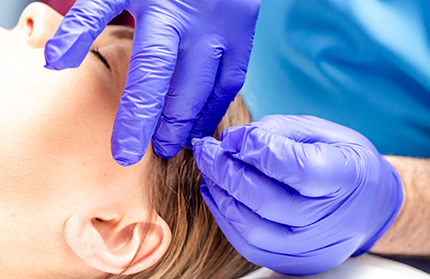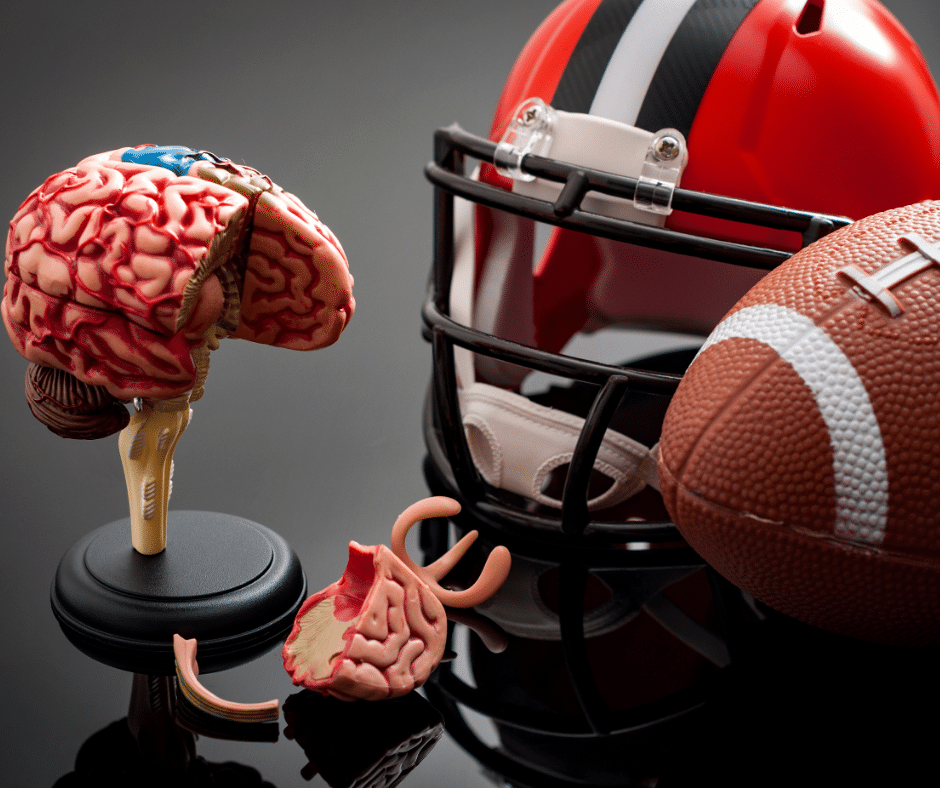A concussion is a mild brain injury arising from a blow to the face, neck, and head region. It causes a temporary loss of brain function, and it is estimated that there are over 300,000 cases of concussions among athletes in the US every year. Severe concussion may cause loss of consciousness, but most cause a temporary haziness that will disappear after a while. Mild concussions may go unnoticed, but it is important to remember that repeated head injuries may cause long-term mental problems or, even worse, a disease like dementia.
Common causes of concussions
Your skull protects your brain from physical injury, but sometimes the impact from blunt force may drive the brain to jerk and move suddenly and violently collide with the skull. For example, the sudden impact from a car crash can cause the brain to shake forcefully, leading to a concussion.
The impact may lead to a temporary loss of brain function, which manifests as a concussion. Severe impacts may cause the brain to bleed and lead to life-threatening situations. In combat sports such as boxing, where athletes are always taking on blows to their heads, physical therapists agree that concussions are common. But they are also prevalent in contact sports like football or rugby. Other causes of concussions include falls, accidents or physical violence, or domestic abuse.
Common symptoms of concussions
- Loss of consciousness
- Headaches
- Nausea and vomiting
- Blurred vision
- Temporary loss of memory
- Perseverating (being stuck on an idea and repeating it more times)
- Tiredness
- Dizziness
- Confusion
- Seizures and convulsions
- Continuous and unceasing vomiting
- Confusions and disorientation
- Loss of consciousness (no matter how brief)
- Memory loss
- Behavior changes or moods
- Difficulty to stay awake or drowsiness
- Persistent headaches that keep getting worse.
- Weakness, loss of physical coordination, or numbness
You ought to be aware that these symptoms may not show immediately after the impact. In fact, it may take days, weeks, or even months for the effects to show. In children and infants, the symptoms may be less pronounced, but if you spot symptoms like changes in sleeping patterns, excessive crying, and loss of interest in the things that usually excite them, you should look into a probable concussion.
Diagnosis of concussion
In order to diagnose a concussion, a physical therapist will ask you about the nature of your injury as well as conduct a physical examination. During the exam, things like your vision, hearing, balance, brain activity, coordination, and reflexes will be assessed. Furthermore, your practitioner will also examine your concentration, studying, thinking, and memory to determine the extent of the damage.
In severe cases, a computed tomography (CT) scan or magnetic resonance imaging (MRI) scan may be used to assess whether there is bleeding or inflammation in the brain.
Treatment of Concussions
Immediately after a concussion, constant monitoring is recommended for up to 48 hours. In observation, your symptoms will be watched closely to check for signs of brain-related bleeding.
Rest is often prescribed to help the brain recover from suspected concussions. This will include reducing physical activities, mental activities, and activities that need concentration, such as video games, studying, or computer work.
When you have a concussion or suspected concussion, a physical therapy clinic will probably recommend that you don’t participate in sports or any activities that require vigorous physical activity. If you do, it might worsen the symptoms or lead to more complications. You should only resume physically intensive activities once your physical therapist tells you that you can.
If you suspect that you may have a concussion, contact a physical therapist immediately for an evaluation. For more on concussions, visit us at our offices or give us a call. We are always ready to address any concerns you may have.


